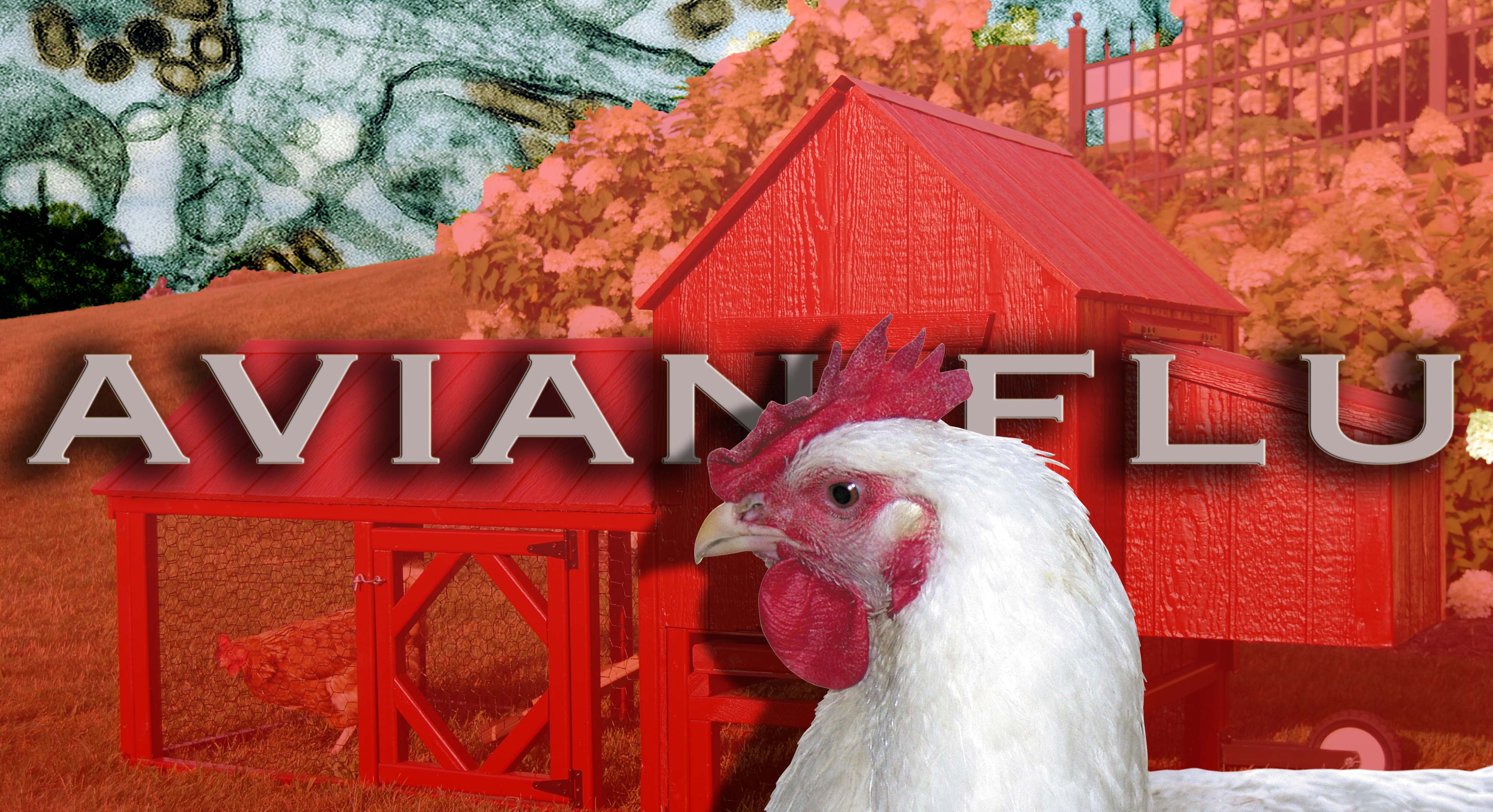“Quarantine means no poultry, birds, or even things like manure or eggs can move on or off the farm without a permit from the Canadian Food Inspection Agency.”
Brittain notes how farms in the Fraser Valley are near each other, allowing for wild bird incursions on multiple premises.
“We’re not seeing farm-to-farm transmission right now. Wild birds are the ones spreading it because farms in the Fraser Valley are close to each other.”
She is advising all commercial farmers to keep their birds inside and disinfect farm equipment.
“The best thing you could do to mitigate the risk is to not have contact between a wild bird and a domestic bird.”
Noel Ritson-Bennett, a planning chief for the Western area avian flu response says several more farms have tested positive for avian flu on top of the seven who were issued a quarantine.
“The strain is sustained and endemic within the wild bird population. It will take some time for it to work itself out and for wild birds to develop their immunity and limit the shedding of the virus.”
The Canadian Food Inspection Agency has listed 10 commercial farms infected by the disease.
“The biggest difference is the geographic diversity and the sheer volume. Since November 2021, we’ve had upwards of 200 cases across the country,” said Ritson-Bennett. “Our previous experience is that we’ve been more geographically-isolated, and our restrictions have a smaller window.”
Mark Siemens, a chicken farmer in Abbotsford and the president of the B.C. Egg Producers Association, tells CBC his farm has not been infected but the uptick in recent cases has the farming community on edge.
“Maybe you’re not affected directly, but the threat is kind of looming all around you with these neighbouring farms and the wild birds are bringing it in, so there’s always that threat.”
However, he says, for now, the current outbreak will have no substantial impact on the food supply chain.
“There’s still lots of food to go around,” he said. “Farmers are working really hard to make sure there’s good food supply coming into the end of the year.”
Popham says the federal Canadian Food Inspection Agency takes the lead when a farm reports an infection, but B.C.’s chief veterinarian has been proactive in helping to prevent the spread of the disease.
She says the testing lab is working seven days a week with the capacity for about 300 tests a day.
The minister says the inspection agency has protocols in place to deal with infected farms, and that often means “depopulation,” or that the flocks will be culled.
She says the situation isn’t as bad as in 2004 when millions of birds were destroyed.













